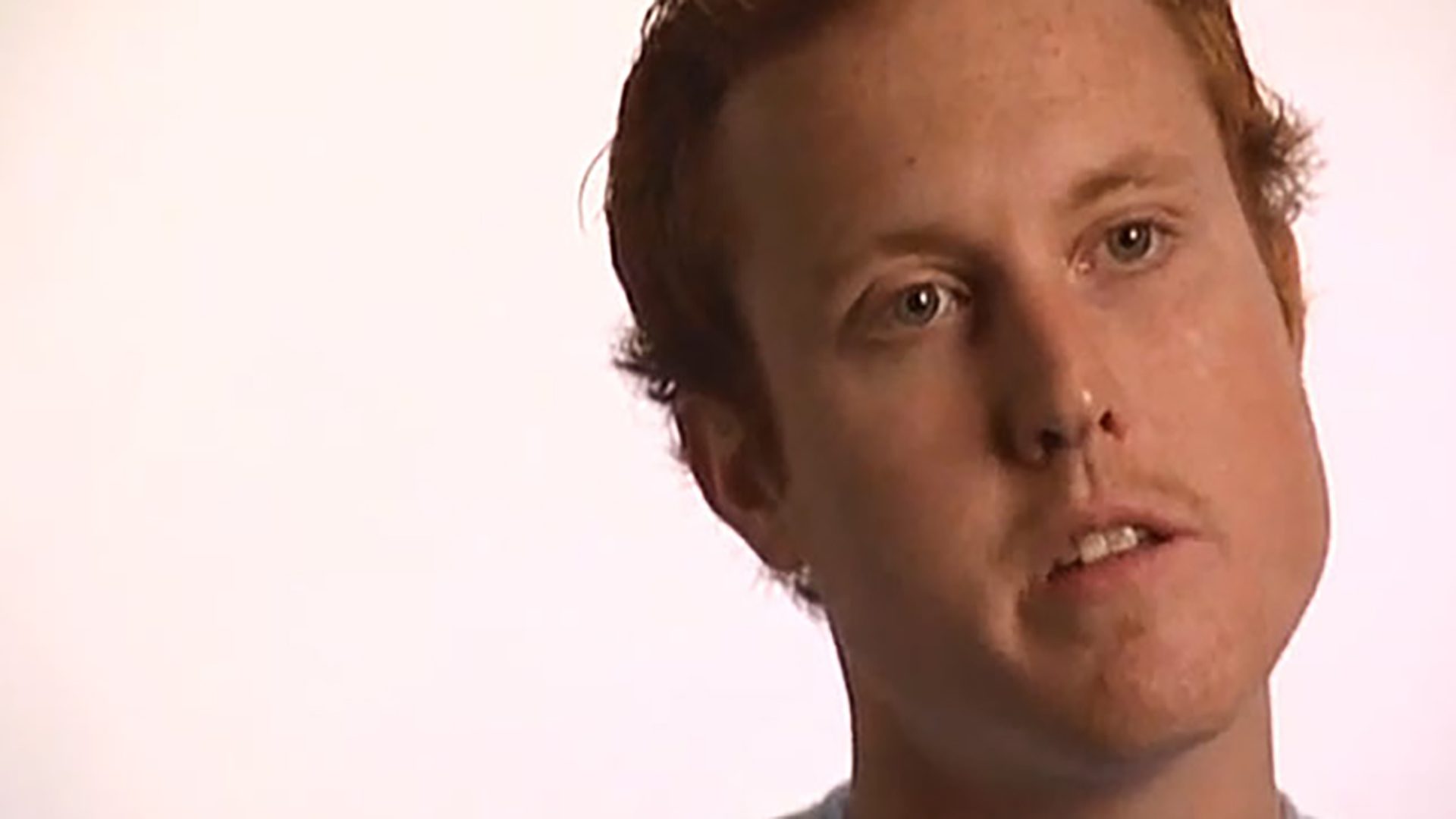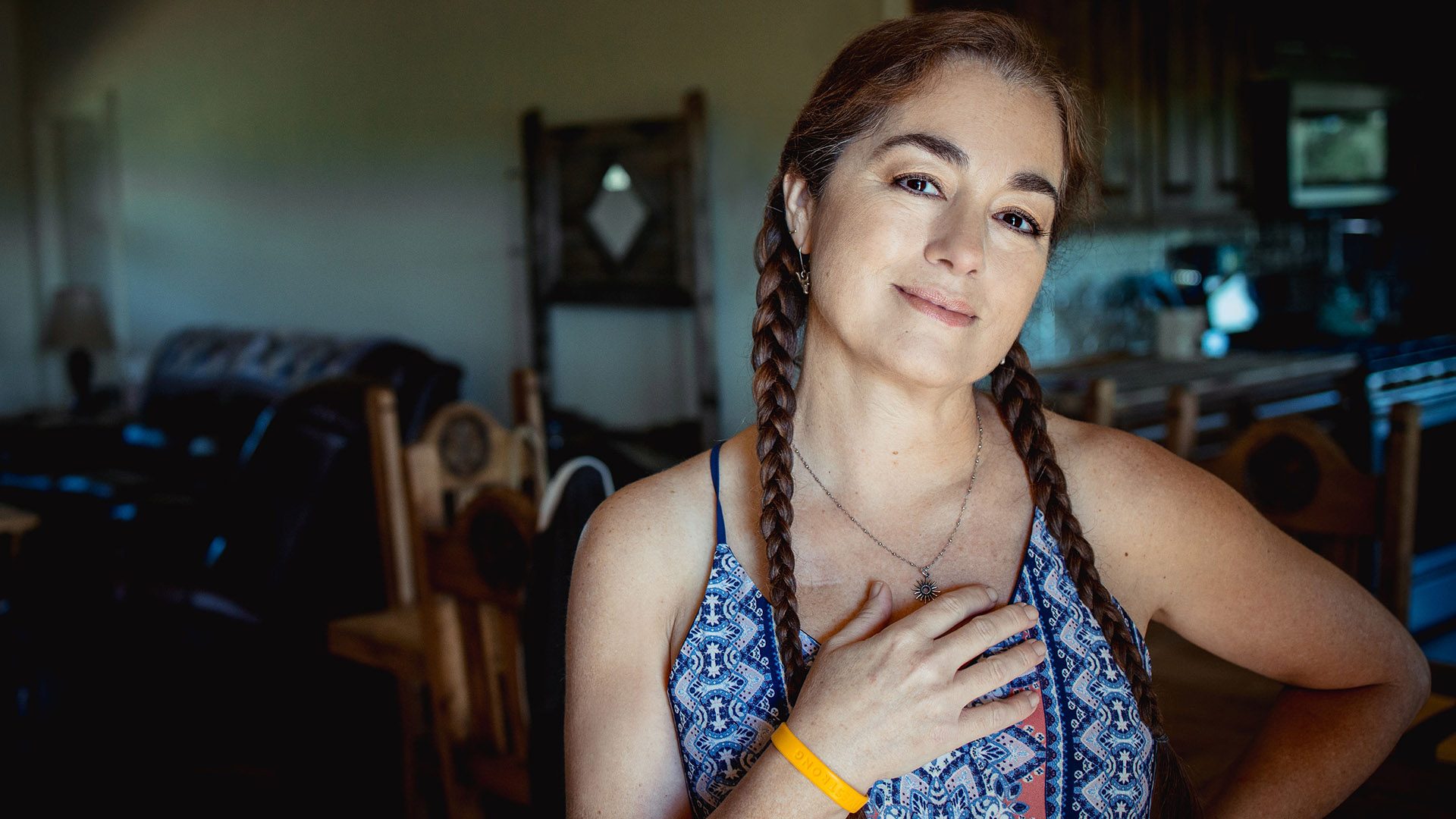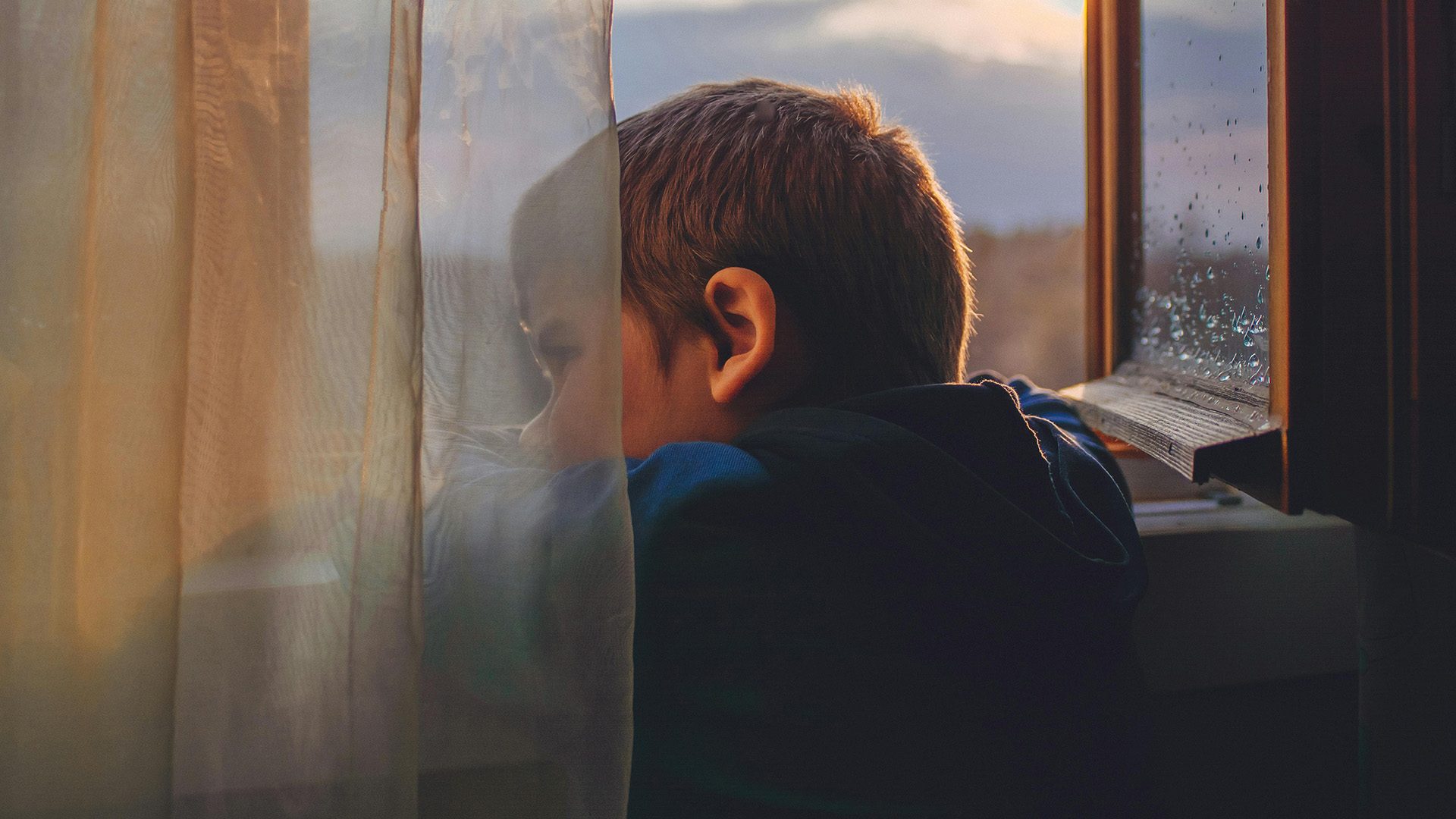Survivor Interview – Neil M.
Neil talks about melanoma and aftereffects of cancer like lymphedema and neuropathy. He also discusses how he handles uncertainty.

I became a cancer survivor on July 5, 2001.
I was living in San Diego and was surfing every day. I had a dark mole on the back of my right calf. It didn’t necessarily bother me at first, because I’m fair-skinned and I have freckles and moles all over my body. But one day, I was heading out to do some wakeboarding, and it started bleeding and was irritated. I went to the dermatologist and just on sight he said, “I want to cut it out.” It was positive for melanoma, so I went down to M.D. Anderson Hospital in Houston and saw a specialist. He checked a lymph node behind my kneecap, which was positive, so he checked more lymph nodes in my groin area. Some were positive, so they took them all out, which is a very rare procedure.
I started chemotherapy, and that was a six-month process. After that ended, the doctor decided to give me a break. In about six weeks, I went from nothing to about twelve tumors in my liver. So now it was a Stage 4 cancer spreading very quickly, and at M.D. Anderson, they really didn’t have much for me at that time.
My mom was watching a program on TV about a study on melanoma, where a Dr. Rosenberg was being interviewed. He took a young kid with Stage 4 melanoma and he had this new immunotherapy drug that cured him. So my mom’s like, “You gotta get on that. You gotta call him up.” So at that point, I decided I needed to leave M.D. Anderson and go up to the National Institutes of Health.
So far, the cancer in my liver has shrunk and all the other places on my body. It hasn’t moved. It’s stayed the same. In some places, it’s gotten better. As long as the cancer doesn’t grow anymore, I’m on longer and longer breaks.
I have lymphedema now, because I have no lymph nodes in my groin. It was a necessary surgery so I don’t regret it, but it is a tough condition to live with. One, it’s visible. It makes any ordinary thing like buying pants difficult because one leg is bigger than the other. Wearing shorts, anything like that, it’s pretty noticeable that one leg is bigger than the other. When it first happened, it was much more difficult because you’re going from completely normal to, the next day, having this chronic condition that doesn’t go away. They don’t have a cure for it as of now, so it’s something that a lot of cancer patients have to live with.
The second issue is you lose flexibility because you have fluid buildup, so you have limited range of motion. Throughout the day, it just gets worse and worse. You have to put compression on your leg to prevent it from getting even more swollen. So even though your leg is already big, you’re wrapping it in compression bandages or wearing a stocking device. It’s difficult, but the one thing with cancer is it opens your eyes to some other things. Just deal with it and move on.
I have neuropathy from too much chemotherapy, because we were pushing it and pushing it, hoping it was working. Neuropathy is really cell damage, where you lose feeling. I lost the feeling in the bottom of my feet permanently. I’ve gotten used to it now, but it was scary at the time. And then fingers go numb and your ears start to ring, and you’re just kind of beat up. Most of it went away except for my feet.
I haven’t been able to work a traditional nine-to-five job, but I’ve really moved into some other areas of my life that I’ve wanted to explore. I’ve been able to do painting, which always was kind of a hobby in the background. Now I’ve had time to take it seriously, and that could potentially be a new career for me. I look at it as a blessing in disguise. I was able to do that traditional, white-collar world, and now I’m over here able to do painting and consulting and be my own boss. I’m probably happier now than I’ve ever been, which is ironic. But it’s like anybody that’s had this eye-opening experience, they have a new outlook on the world. And that really happened to me.
When you find out you have cancer, your life changes instantly. You start thinking about things differently. But cancer is a part of my life, not my whole life. I wanted to be very strong and understand that, because I’ve seen other people that cancer has consumed their whole life. For me, it’s a project that I work on. Some days I’m kicking its butt and other days I’m not.
I’ve realized recently that, over these last two years, I’ve been a little bit hard on people. I’ve had to deal with these major issues, living and dying and all these different physical and emotional pains, and yet you see people around you arguing about what’s for dinner tonight. And you’re like, who cares? Deal with it. There’s bigger issues. I’m assuming that they understand what I’m going through and are looking at it through my eyes, and they’re not. They’ve probably never experienced that. So I’ve had to be a little bit more compassionate.
Every bout of cancer is completely different. No human body is the same, but they have to generalize us and put us in groups to fix us. Do as much research as you can and, if you have questions, I mean, this is your life. In the case of my lymph node surgery, they were like, “You’re gonna have swelling in your leg.” Well, great. I didn’t expect it to be the rest of my life. There’s no stupid questions. You ask everything possible, and be very specific. You have to be selfish and say, what is best for me right now? Take control of your own situation, then make a healthy decision and move on.
When I got diagnosed and had to leave work, I got three months of short-term disability. I couldn’t return to work and still can’t do a full-time, nine-to-five job. So my long-term disability kicked in. If you haven’t signed up for long-term insurance, you definitely want to do that. The companies will continually hound you and say, “How sick are you? When can you return back to work?” After a while, you have to work with the Social Security Disability Department, and in order to keep this long-term insurance, your doctor has to fill out this paperwork which goes to the government, who says, “Okay, you’re disabled.” Once that happens, then the money will keep coming in.
There’s a whole different issue when you start talking about health coverage. When you get diagnosed and you’re out of work, you go onto a thing called COBRA Medical, and that’s gonna cover you for 18 months with the same insurance you received at work; however, you have to now pay the employer portion, too. If you get a Certificate of Disability, you get it for 29 months, but that process is very difficult. In my particular case, you’re calling the government, the Social Security Department, trying to get all this paperwork done. They pretty much deny you the first two times, no matter what your case, just to see if you’re persistent. And you’ve just got to keep getting on them.
After the 18 or 29 months, whatever you get, that’s it. Nobody’s gonna cover you. So if you break your arm or have a car accident, you have nothing. Eventually, if you do get a Certificate of Disability from the government, over time — I think it’s like 24 months from the initial date — then you can qualify for Medicaid or Medicare, one of those. Most people don’t go the route of getting that certificate and doing all the paperwork and filing it. So they just live with no health insurance, and it’s tough. I just stay focused, stay positive, and keep fighting. Cancer doesn’t control your life, it’s a part of your life. You control cancer. And luckily, if you can pull some good out of the bad, it opens your eyes. Early on, if you can get that winning attitude and just grind it out, it can actually enhance your life. I look back and I’m glad that my life has changed and I feel happier now.
My name is Neil Moore, I am 27 years old, and I am a melanoma survivor.
Neil Moore passed away on January 30, 2005. Livestrong thanks Neil and his family and friends for sharing his story and providing inspiration for other cancer survivors.

